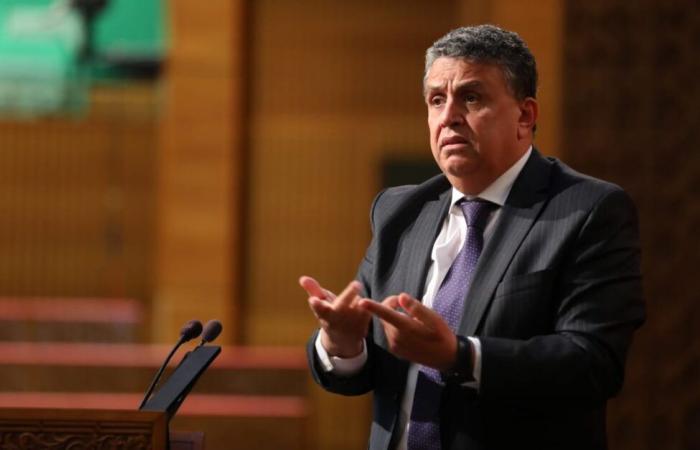
After the controversy generated by article 3 of the bill reforming the criminal procedure code, adopted by the government on August 29, 2024, due to the restriction imposed on associations to file corruption complaints, the version submitted in the House of Representatives on Thursday January 9 retains the same content, auguring a lively debate in political and legal circles.
The language submitted to the House of Representatives states: “Investigations and the exercise of public action concerning crimes affecting public funds may only be initiated at the request of the public prosecutor at the Court of Cassation, in his capacity as president of the public prosecutor’s office, upon referral to the Court of Auditors, or on request accompanied by a report from the General Inspectorate of Finance, the General Inspectorate of Territorial Administration, the general inspections of the ministries, the administrations concerned, or even upon referral to the National Instance for Integrity, Prevention and Fight against Corruption, or any body expressly authorized by law.”
The article adds: “Notwithstanding the above, the competent public prosecutor may initiate investigations and exercise public action autonomously in cases of flagrante delicacy.”
Thus, the text of article 3 maintains the possibility for the public prosecutor’s office to act autonomously only in cases of flagrante delicacy, de facto excluding associations specializing in the fight against corruption and the misappropriation of public funds from the initiative. take legal action. From now on, the procedures must follow the channels set out in Article 3, namely:
• A request from the Attorney General to the Court of Cassation;
• A referral from the Court of Auditors, the General Inspectorate of Finance, the General Inspectorate of Territorial Administration, the general inspectorates of the ministries, or the administrations concerned;
• A referral to the National Authority for Integrity, Prevention and Fight against Corruption, or any other body authorized by law.
These new provisions were perceived by jurists and rights defenders as a restriction of the prerogatives of the public prosecutor in the handling of corruption cases. They also limit the right of civil society to take legal action in this area.
Furthermore, concerning associations, article 7 of the bill maintains the following conditions to allow them to become a civil party:
• They must be recognized as being of public utility;
• They must obtain authorization to become a civil party issued by the Minister of Justice;
• They must have been legally established for at least four years before the commission of the offense.
These new requirements, which concern financial corruption cases, have sparked heated controversy among human rights defenders.





